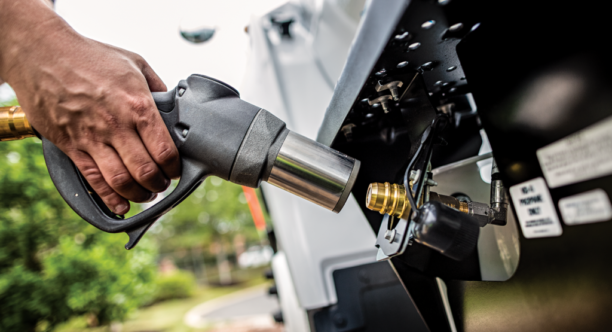Propane’s Role in Green Energy
Propane, often recognized for its role in heating and cooking, is stepping into the limelight as a cleaner energy alternative. Here’s how propane is carving a niche for itself in the renewable energy landscape. 1. Low Emissions Profile One of the standout features of propane is its relatively low emission of pollutants compared to other… Continue reading Propane’s Role in Green Energy



